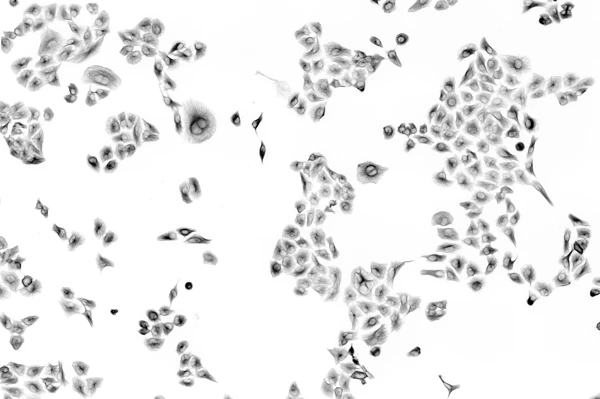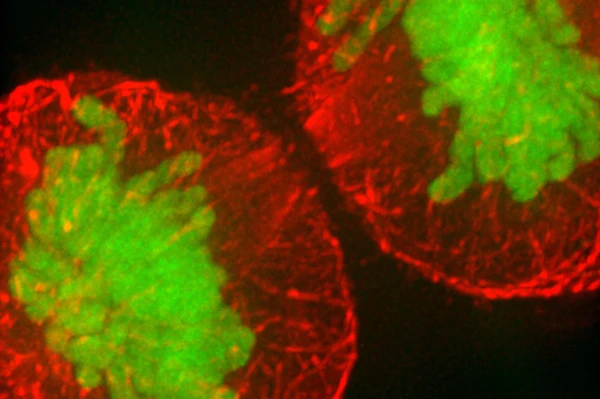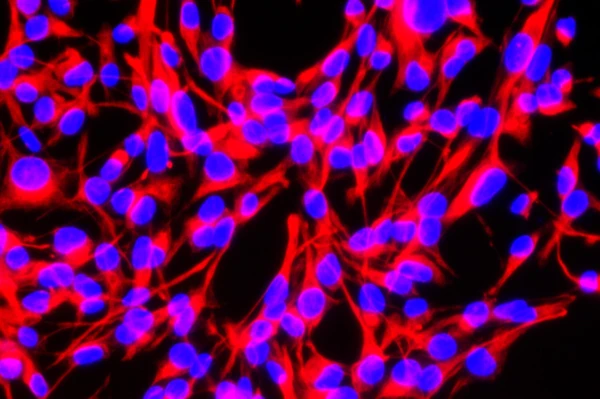Hematopoietic growth factors and cytokines
Qkine is committed to manufacturing enhanced-quality bioactive proteins to improve scientific outcomes and reproducibility. We provide a complete portfolio of animal origin-free and carrier protein-free growth factors and cytokines for hematopoietic stem cell culture.
Hematopoiesis is the process where hematopoietic stem cells (HSCs) undergo self-renewal and differentiation to generate the diverse array of blood cell lineages that are essential for physiological function. This process occurs predominantly in the bone marrow. The complex biological process involves the differentiation and maturation of HSCs into various blood cell lineages, such as myeloid progenitor cells, which differentiate into mature cells, such as erythrocytes, neutrophils, and macrophages. HSCs also differentiate into lymphoid lineages to further mature into T lymphocytes and B lymphocytes.
Research in hematopoiesis explores the regulatory mechanisms governing the proliferation, differentiation, and function of HSCs by investigating signaling pathways, transcription factors, epigenetic modifications, and microenvironmental cues that influence hematopoietic cell fate decisions.
Hematopoiesis research studies the dynamics of blood cell populations under normal physiological conditions and in response to various stimuli or disease states such as cancer. Insights gained from hematopoiesis research contribute to the development of novel therapeutic strategies for blood-related disorders and advancing regenerative medicine approaches, including stem cell transplantation therapies.

High-quality growth factors are essential for the maintenance and proliferation of robust, reproducible, and physiologically relevant hematopoietic cultures.
Growth factors developed in an animal origin-free expression system have a higher lot-to-lot consistency and fewer contamination risks from viruses, prions, and other animal-derived ingredients.
All growth factors and cytokines from Qkine pass stringent biochemical and bioactivity quality control testing and adhere to the Nine-point Qkine Quality Commitment, ensuring you complete confidence in the reagents for your hematopoietic stem cell cultures.
Growth factors for hematopoietic stem cell culture and differentiation

HSC maintenance and differentiation
Recombinant human EPO protein (Qk099) Recombinant human Flt3L protein (Qk087) Recombinant human G-CSF protein (Qk074) Recombinant human M-CSF protein (Qk075) Recombinant human IL-1β protein (Qk101) Recombinant human IL-3 protein (Qk090) Recombinant human IL-6 protein (Qk093) Recombinant human IL-7 protein (Qk095) Recombinant human IL-8 protein (Qk119) Recombinant human IL-34 PLUS™ protein (Qk091) Recombinant human SCF protein (Qk078) Recombinant human TPO protein (Qk098)
Hematopoietic differentiation from human pluripotent stem cells
Recombinant human BMP-4 protein (Qk038) Recombinant human EPO protein (Qk099) Recombinant human FGF-2 (154 aa) protein (Qk027) Recombinant human Flt3L protein (Qk087) Recombinant human M-CSF protein (Qk075) Recombinant human IGF-1 protein (Qk047) Recombinant human IGF-1 LR3 protein (Qk041) Recombinant human IL-3 protein (Qk090) Recombinant human IL-4 protein (Qk092) Recombinant human IL-6 protein (Qk093) Recombinant human IL-7 protein (Qk095) Recombinant human SCF protein (Qk078) Recombinant human VEGF 165 protein (Qk048)High quality hematopoietic growth factors
Our science team is here to help, please contact us if you have any questions.

